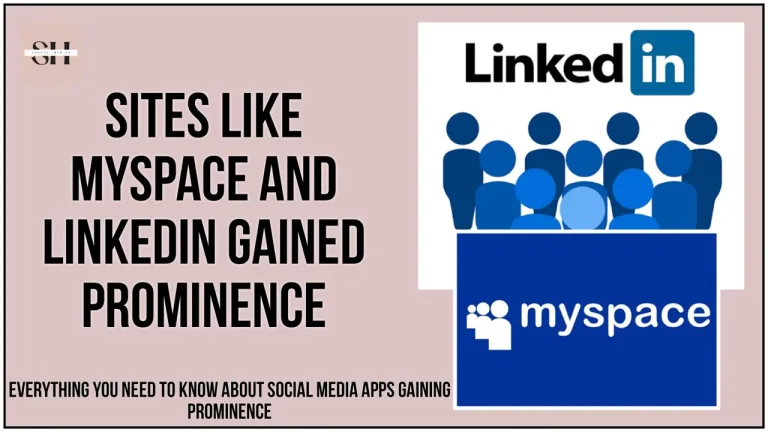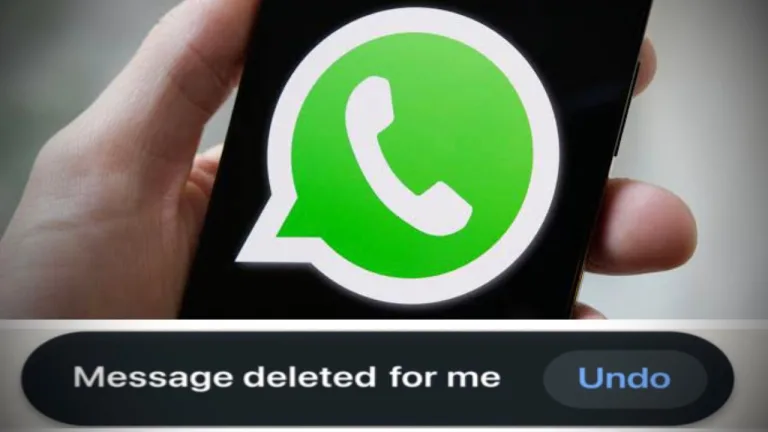Losing your medical license, even temporarily, is a nightmare for any healthcare professional. It can feel like the end of everything they’ve worked for.
Whether the suspension is due to an allegation of malpractice, administrative errors, or legal trouble, it’s a sensitive moment that requires immediate action.
The good news? A suspension doesn’t necessarily mean permanent revocation.
There are legal ways to challenge the decision and work toward reinstatement. If you or someone you know is facing a medical license suspension, here’s what you need to know to get back on track.
Why Medical Licenses Get Suspended
Before jumping into solutions, let’s talk about the most common reasons medical licenses get suspended.
Every state has its own regulations, but some general causes apply across the board. These include:
Medical Malpractice
Even highly competent healthcare providers get malpractice allegations.
A patient may claim that a procedure went wrong, a diagnosis was missed, or that they suffered harm due to a medical decision.
If the board finds enough evidence of malpractice or negligence, they will suspend your license while they investigate further.
Substance Abuse
Healthcare professionals are under constant and immense pressure. Unfortunately, some turn to substances to cope.
If you’re caught working while impaired or intoxicated, whether it’s due to alcohol, prescription medication, or other substances, your license could be suspended as a public safety measure.
If your medical license has been suspended due to issues related to substance abuse, it’s crucial to address these challenges head-on. Seeking professional help can be a vital step in your journey to recovery and reinstatement. You can get help now to tackle these issues effectively and work towards regaining your professional standing. Engaging in a structured treatment program not only aids in personal recovery but also demonstrates to the medical board your commitment to overcoming the obstacles that led to the suspension. Taking proactive steps in addressing the root causes of your suspension can significantly improve your chances of reinstating your medical license and continuing your career.
Billing Fraud or Insurance Issues
Billing errors can sometimes look like fraud, even if they are unintentional.
Issues like overbilling, Medicaid fraud, or falsified insurance claims can lead to an audit. And if the board finds inconsistencies, they might take disciplinary action.
Criminal Charges or Professional Misconduct
A criminal conviction doesn’t have to be directly related to your medical practice to affect your license.
DUIs, assault charges, and even domestic disputes can raise concerns about your professionalism and ability to care for patients.
Failure to Meet Licensing Requirements
State medical boards have strict renewal requirements, including:
- Continuing education credits
- Compliance training
- Administrative filings
If you miss deadlines or fail to meet these obligations, your license can be suspended – sometimes without warning.
Steps to Take After a Suspension
If you’ve been notified that your medical license is suspended, don’t panic.
The way you respond in the next few weeks can affect whether you get your license back or face a longer fight.
Follow these steps:
- Carefully Review the Notice
Read every word of the suspension notice from the medical board.
It will outline:
- The exact reason for the suspension
- Whether you can appeal or request a hearing.
- Steps you need to take for reinstatement.
Understanding these details will help you figure out your next move.
- Get Legal Representation
A medical license suspension is a legal issue. You need an attorney who specializes in defending healthcare professionals.
For those practicing in California, working with a California healthcare license defense attorney is crucial. The state’s medical board has its own set of rules and procedures, and a specialized lawyer can help you build a strong case.
- Gather Evidence
The stronger your defense, the better your chances of getting your license back.
Depending on your situation, you may need:
- Patient records and treatment documentation.
- Compliance certificates for continuing education.
- Character references from colleagues or employers.
- Proof of corrective actions, such as rehab for substance issues.
The more supporting documents you have, the better prepared you will be when facing the board.
Appealing the Suspension: Your Legal Options
If your license has been suspended, you usually have the right to appeal the decision.
Here’s how the process works:
Request an Administrative Hearing
You’ll need to formally request a hearing with the state medical board.
This is your opportunity to present evidence, challenge the board’s decision, and argue why your suspension should be lifted.
Negotiate a Reinstatement
Sometimes, full reinstatement isn’t granted immediately, but you may be able to return to work under specific conditions.
These conditions could include:
- Supervised practice
- Regular drug testing
- Additional training or continuing education
A skilled defense attorney can negotiate these terms for you.
Take Corrective Action and Show Good Faith
If your suspension was due to a compliance issue or a mistake on your part, taking corrective action can show that you’re serious about maintaining ethical and professional standards.
You can do this by:
- Enrolling in a rehabilitation program
- Undergoing additional training
- Working with a mentor in your field
Rebuilding Your Career
Even after you regain your license, you might have trouble rebuilding your reputation. Employers, colleagues, and patients may be hesitant to trust you again.
Fortunately, there are ways you can restore your credibility and prove that you’re fully capable of practicing again.
Be Transparent with Employers and Patients
If your suspension was public knowledge, trying to hide it will only make you look more suspicious. Instead, be upfront about what happened and what you’ve done to correct it.
A simple statement explaining your situation, taking responsibility, and showing the steps you’ve taken to improve can help rebuild trust.
Work with a Compliance Specialist
Many healthcare professionals assume they can handle compliance alone, but regulatory laws are constantly changing.
To avoid future issues, consider hiring a compliance expert who can regularly review your documentation, billing practices, and continuing education requirements.
Prevention is always better than damage control.
Reestablish Your Professional Reputation
Rebuilding your reputation takes time, but you can show your dedication by:
- Attending industry events
- Networking with peers
- Publishing articles or research
- Engaging in volunteer medical work.
Act Now to Protect Your Career
A suspended medical license is a serious issue, but it doesn’t have to be the end of your career.
With the right legal support, corrective actions, and strategic steps, many healthcare professionals are able to successfully regain their licenses and return to practice.
Consulting with an attorney should be your first move. They will help you understand the legal complexities, fight for your reinstatement, and give you the best shot at continuing your career.
So, act fast, stay proactive, and take control of your future.







